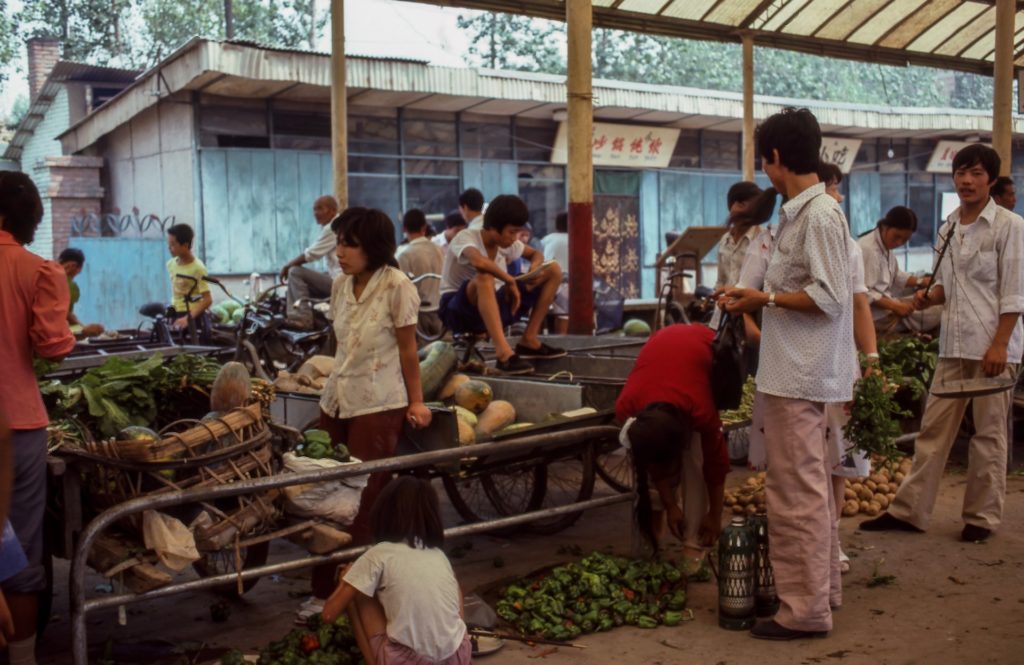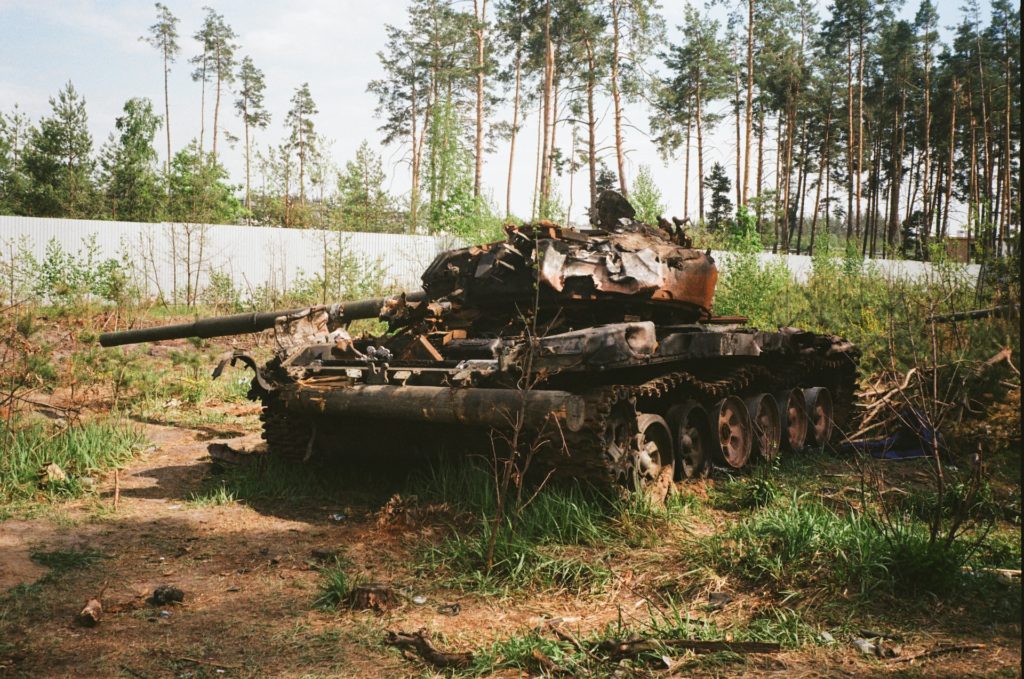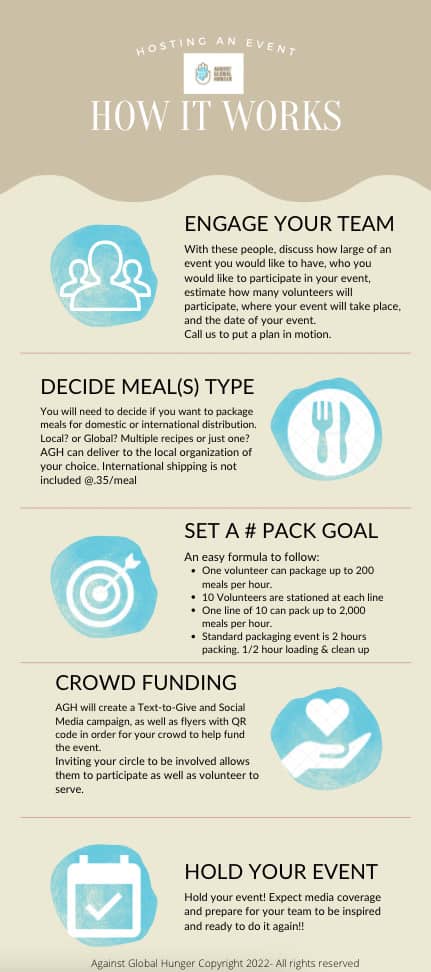
Food security is a concept that incorporates a host of issues. In a nutshell, it is defined as having physical, social, and economic access to safe, sufficient, nutritious food supplies. To be food secure is to have access to food and be able to afford the food that is available.
There are a number of systemic, growing challenges to food security. The economic realities of many countries make food security a tenuous thing. A market collapse, a housing bubble, and even disruptions to the supply chain can all lead to horrific impacts on food security.
Economies and Food Security
Some social situations can impact food security, just as physical barriers do exist in some areas. For most people, however, economic access to food is the primary barrier. Food is essential for survival and quality of life. It is also expensive and the cost is only increasing.
With tumultuous events come disruptions to the global food infrastructure. In the United States, a country with the most robust food infrastructure, food insecurity has reached over 10%. If food has become too expensive for the wealthiest country, imagine what food prices are doing in the poorer nations.
The reality paints a grim picture. 2022 will go down in history as one of the worst years for global food security in the modern era. Increasing conflicts, climate shocks, and the threat of a global recession have combined for a near-perfect storm. As many as 828 million people go to bed hungry every day.
Once you factor in the rampant inflation throughout the developed world, the picture becomes even bleaker. The amount of money available to families is going down. The cost of food is going up. Food prices are tied to soaring gas prices, making production and transportation more expensive.
Climate and Food Security
The core concern with climate change and food security is the disruption of production. Historic droughts in many areas of the world have been matched by historic flooding. Neither of these makes producing food any easier. Thousands of crops have been destroyed.
Some foodstuffs are more susceptible than others. Core food crops like rice, wheat, corn, and potatoes have all suffered in recent times. This suffering doesn’t look like it is going to end as climate change continues to smother farmers.
Climate change is impacting large, developed countries, but it is even deadlier elsewhere. Countries that can’t easily adjust their resource allocation or have limited arable land are vulnerable. Even a mild drought in some areas of the world, like some African regions, can lead to widespread famine.
Human Conflict and Food Security
With the recent violence in Ukraine, a spotlight has been shown on the fragility of our food infrastructure. Many countries relied on the fertile fields of Ukraine to address their food needs. Once those shipments were stopped, many who had been on the brink began to slide into full-blown food insecurity.
Recent political developments have helped to stymie the problem, but it still exists. The exports from Ukraine are expected to be a fraction of what they were last year. Until this conflict is settled, food supplies for many developing countries will continue to be low and at threat of being cut off completely.

Why Should Food Security Concern Us?
The impacts of food insecurity are many, and they reach far beyond the borders of nations. Food security is directly tied to how easy it is for a country to become more advanced and stable. Food is a basic human need, and society can’t function if large percentages of the population are starving.
Large areas that are subject to malnutrition are also linked to a number of diseases. These diseases can gain strength in areas where the people are weakened by malnutrition. In this way, food insecurity can contribute to the spread of diseases in an area where people are already susceptible.
Beyond the health impacts, there are significant economic impacts. Growth and job creation are tied to a steady, available supply of food. Having affordable food also reduces poverty and human suffering from other causes, like crime. In order to promote a more peaceful, successful world, we need to address food insecurity.
What Can We Do?

In order to deal with the global problem of food insecurity, it will take the work of nations worldwide. While we can’t force them to work together, we can take steps for ourselves. Against Global Hunger needs volunteers to help provide food for people all over the world, including those in the United States.
However you can help, the more people who work together, the more we can address the problem of food security. Solving food security issues will have impacts that improve life for all people. You can do your part by helping Against Global Hunger today.
